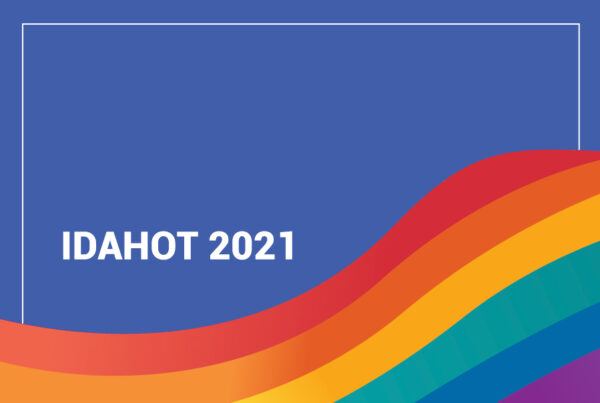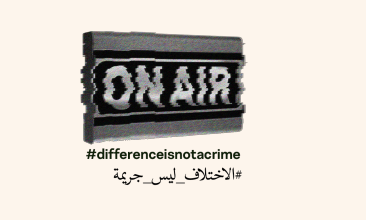Sending your nude photos can be an act of empowerment. In a repressive society that vilifies your sexual orientation, showing your body the way you want, defies set norms of being and behavior.
It is legitimate though to be scared that your nudes be used to harass you, blackmail you, humiliate you or even put you in jail. Luckily, despite the many digital security issues encountered online, there are ways to send nudes over the Internet in a safe way.
Safer Nudes, A Sexy Guide to Digital Security, is a foldable pamphlet that informs you of ways to send nude photos in a secure way. The guide was made by Coding Rights, a Brazil-based women-lead Think-and-Do tank that aims to advocates for Human Rights in the digital world.
Even though the guide concerns, in some aspects, sexual minorities in Brazil’s more permissive environment, the invaluable tips offered could also be very helpful for LGBTQ people in the Arab region.
The guide, for instance, teaches you to anonymize your nudes especially when you send them to someone you don’t know or trust. One tip is to try not to show your face or anything else that might identify you like a tattoo or a birthmark or a specific background. Through apps like Obscuracam, you can pixelate faces and other body and background details you may want to hide.
Be aware also that any picture you take normally carries information about your devices, the time and your location. This metadata information can be used to identify you. In order to get rid of them, you can use metadata editors such as Photo Exif Editor (available for iPhone and Android).
It might be better for LGBTQ individuals in the Arab region to stick to these recommendations even when sending nudes to someone they fully trust. Remember that if this person gets busted by the police, they can check his or her phone and find your photos.
The other major advice is to use “safe” channels for sending nudes. Even though, as the guide says, there are always risks, some apps are better than others. Any channel, for instance, that can identify you through your email or phone number is not recommended. So avoid sharing intimate stuff through SMS, iMessage, Whatsapp, and Facebook.
The guide recommends using apps like Confide or Wickr that could be advantageous for LGBTQ in the Arab region. Those apps use end-to-end encryption and make your pictures vanish after being seen by the receiver. They also make it harder for others to screen print your images and warn you when someone tries to.
The guide also provides useful information about deleting nudes securely or storing them in encrypted folders.
“We chose an empowering approach that doesn’t deal with digital security in a technical way only,” said Natasha Felizi, an activist at Coding Rights and one of the writers of the guide. This is why a big part of the work is dedicated to the right for privacy from a human-centered point of view. It also invites readers to consider self-representation for minority groups as a political statement of emancipation.
The guide is available online. It was also turned into a foldable zine and distributed in events and digital security trainings. Felizi said that her organization welcomes the adaptation of the guides to other cultural contexts and its translation into other languages.





